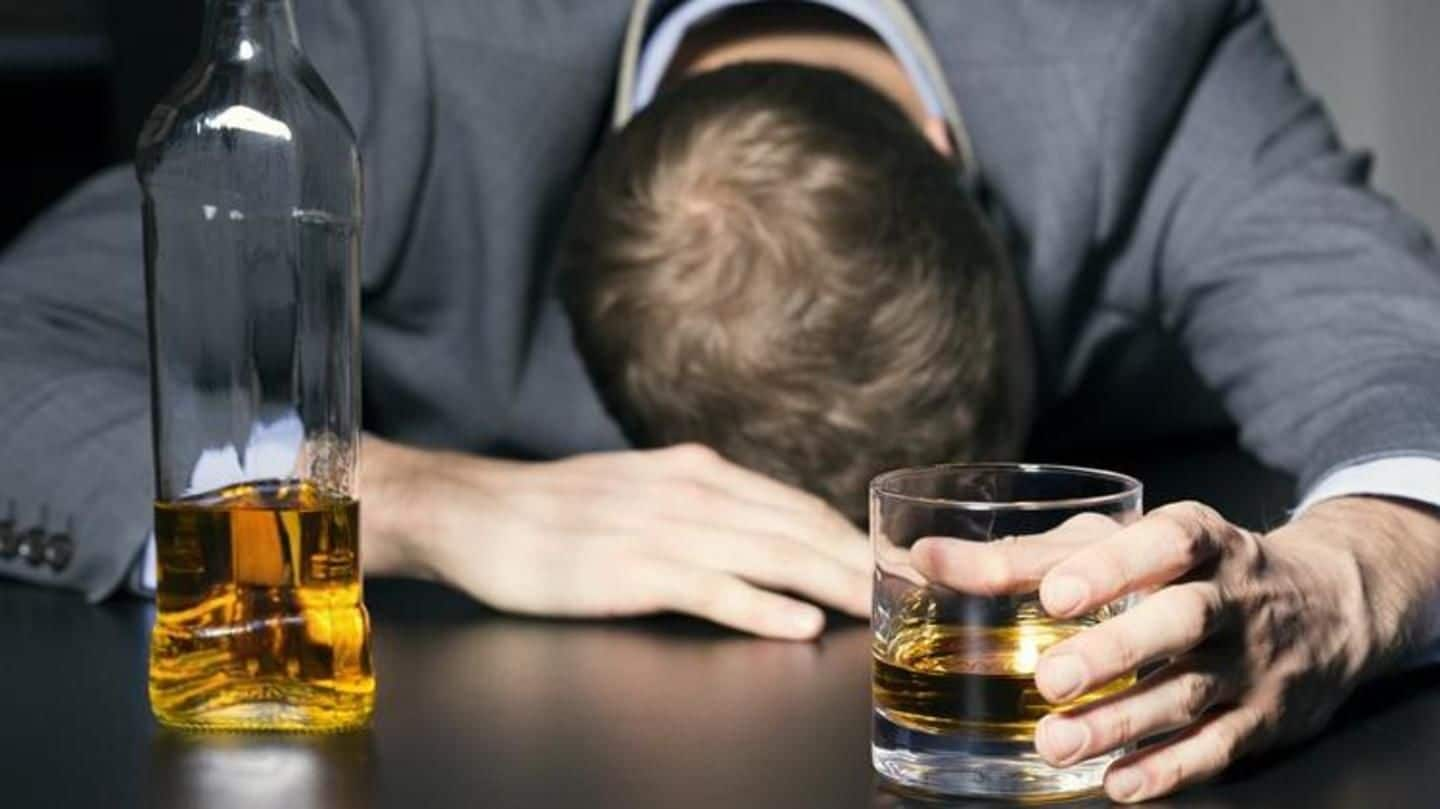
#HealthBytes: 5 steps to quitting alcohol
What's the story
Alcohol abuse is downright harmful.
It can lead to cardiovascular disease, liver damage, reduced brainpower, certain cancers, stress and depression.
So, whether your health conditions don't permit you to continue drinking, or you feel your reliance on alcohol is interfering with your personal or professional life, know that deciding to quit is always a smart move.
Here are 5 steps to help you quit.
Detox
As a first step, go for detox
The first and foremost step to overcome alcohol addiction is detoxification.
A detox program is designed in a manner that reduces your body's physical dependence on alcohol, thereby eliminating physical distress and cravings in the long-run.
However, a detox program must be taken under the guidance of professional medical experts, because some withdrawal symptoms can be life-threatening, with the likes of seizures and hallucinations.
Rehab
Therapy and rehab to the rescue
Rehabilitation will help change your behavior when you feel stressed, run into triggers or experience cravings when trying to quit drinking.
There are broadly two forms of rehabilitation programs- Inpatient and Outpatient.
The various types of therapy to be used could include Cognitive Behavioral Therapy, Motivational Enhancement Therapy, family counseling, 12-Step programs, and brief interventions.
A rehab program typically lasts for 3 months.
Support Groups
Join a Support group to seek emotional help
Support groups have been highly effective in helping people get over alcohol addiction over time.
Such groups can, during and after the rehabilitation program, help you receive emotional support from those who are, like you, trying to quit.
Additionally, you can learn from fellow quitters, the ways in which they deal with stress, anxiety, depression and other withdrawal symptoms in their quitting journey.
Medication, Aftercare
Last couple of steps: Maintenance medication and aftercare
Medications: Although it's relatively rare in such cases, but if the patient relapses too often or simply can't get over his cravings for alcohol, the doctor might prescribe maintenance medication to help one reduce the cravings and stay sober for long.
Aftercare: Once done with detox and rehab, one will have to look for distractions. Going out, traveling, meditation, support groups, exercise can help.